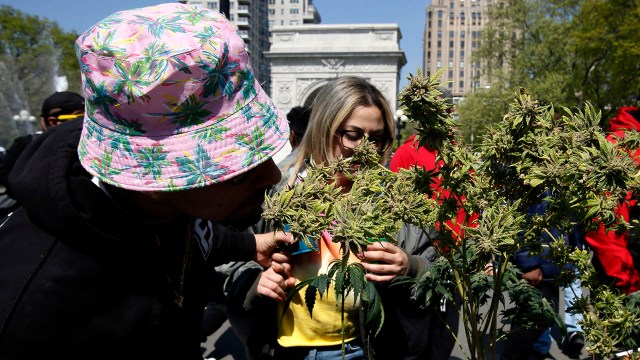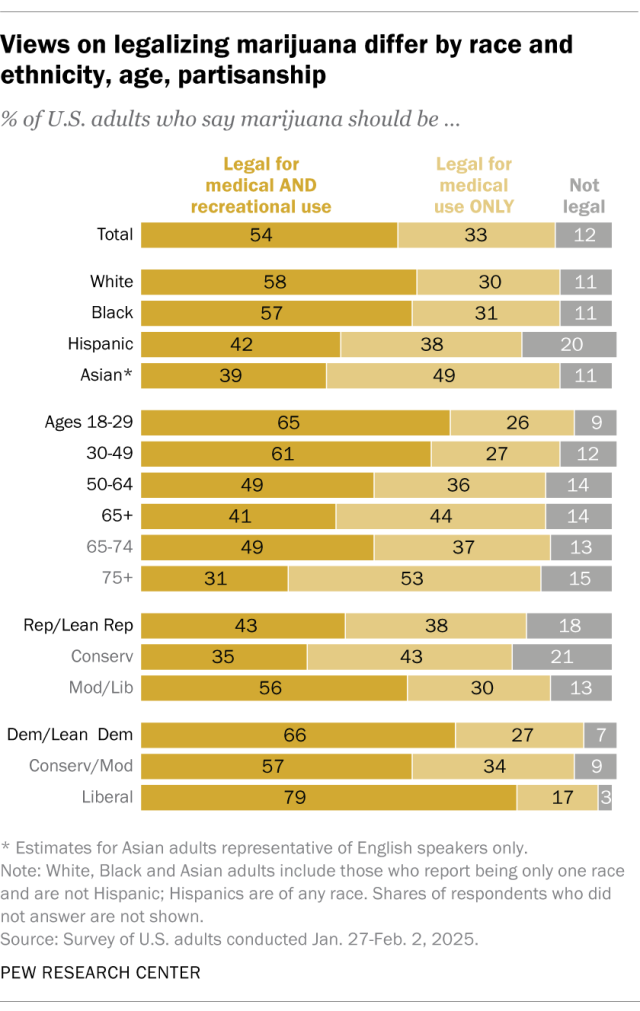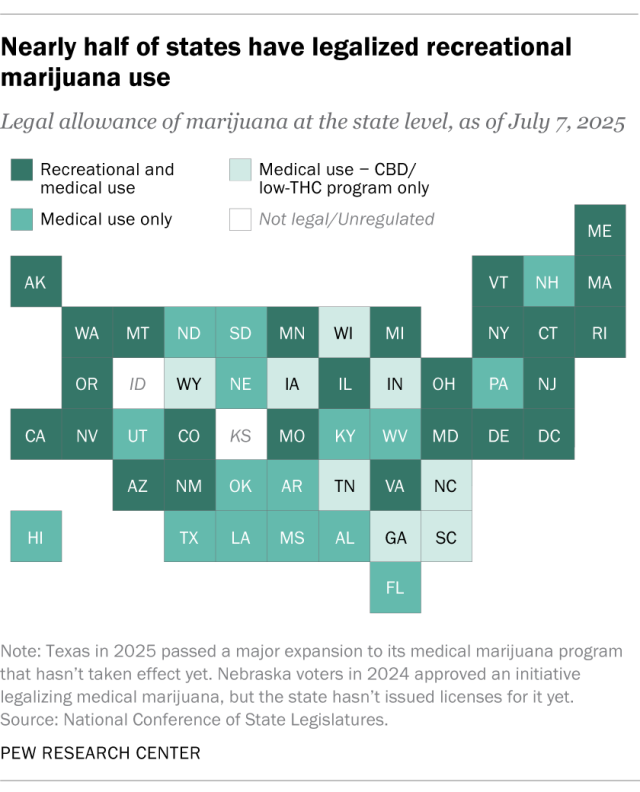WordPress database error: [Table 'admin_main.wp_users' doesn't exist]SELECT * FROM wp_users WHERE ID IN (100)
WordPress database error: [Table 'admin_main.wp_users' doesn't exist]SELECT * FROM wp_users WHERE ID = '100' LIMIT 1
WordPress database error: [Table 'admin_main.wp_users' doesn't exist]SELECT * FROM wp_users WHERE ID = '100' LIMIT 1
WordPress database error: [Table 'admin_main.wp_users' doesn't exist]SELECT * FROM wp_users WHERE ID = '100' LIMIT 1
WordPress database error: [Table 'admin_main.wp_users' doesn't exist]SELECT * FROM wp_users WHERE ID = '100' LIMIT 1
WordPress database error: [Table 'admin_main.wp_users' doesn't exist]SELECT * FROM wp_users WHERE ID = '100' LIMIT 1
WordPress database error: [Table 'admin_main.wp_users' doesn't exist]SELECT * FROM wp_users WHERE ID = '100' LIMIT 1
WordPress database error: [Table 'admin_main.wp_users' doesn't exist]SELECT * FROM wp_users WHERE ID = '100' LIMIT 1
WordPress database error: [Table 'admin_main.wp_users' doesn't exist]SELECT * FROM wp_users WHERE ID IN (100)
WordPress database error: [Table 'admin_main.wp_users' doesn't exist]SELECT * FROM wp_users WHERE ID = '100' LIMIT 1
WordPress database error: [Table 'admin_main.wp_users' doesn't exist]SELECT * FROM wp_users WHERE ID = '100' LIMIT 1
WordPress database error: [Table 'admin_main.wp_users' doesn't exist]SELECT * FROM wp_users WHERE ID = '100' LIMIT 1
WordPress database error: [Table 'admin_main.wp_users' doesn't exist]SELECT * FROM wp_users WHERE ID = '100' LIMIT 1
WordPress database error: [Table 'admin_main.wp_users' doesn't exist]SELECT * FROM wp_users WHERE ID = '100' LIMIT 1
9 facts about Americans and marijuana
July 8, 2025

The use and possession of marijuana is illegal under U.S. federal law, but most states allow people to access the drug in some form, either for medical or recreational purposes. The changing policy landscape has coincided with a decades-long rise in public support for legalization, which a majority of Americans now favor.
Here are nine facts about Americans’ views of and experiences with marijuana, based on Pew Research Center surveys and other sources.
The vast majority of Americans support legalizing marijuana in some way, according to a January-February 2025 Center survey. Around nine-in-ten U.S. adults say either that marijuana should be legal for medical and recreational use (54%) or that it should be legal for medical use only (33%). Another 12% say the drug should not be legal at all. These views have held relatively steady over the past six years.

Views on marijuana legalization differ by age, political party and other factors, according to the January survey. While small shares across demographic groups say marijuana should not be legal at all, those least likely to support legalization for both medical and recreational use include:

- Older adults: 31% of Americans ages 75 and older favor legalizing marijuana for both uses, as do 49% of those ages 65 to 74. By contrast, 65% of adults under 30 support legalization for both uses.
- Republicans: 43% of Republicans and GOP-leaning independents favor legalization for both uses, compared with 66% of Democrats and Democratic leaners. Notably, moderate and liberal Republicans (56%) and conservative and moderate Democrats (57%) express similar levels of support.
- Hispanic and Asian Americans: About four-in-ten Hispanic (42%) and Asian (39%) adults support legalizing marijuana for both uses. That compares with more than half of White (58%) and Black (57%) adults.
Support for marijuana legalization has increased dramatically in recent decades. In addition to asking specifically about medical and recreational use, both Pew Research Center and Gallup have asked Americans about legalizing marijuana use in a general way. (“Do you think the use of marijuana should be legal, or not?”) Gallup asked this question most recently, in 2023. That year, 70% of adults expressed support for legalization, more than double the share who favored this in 2000.
Related: How U.S. Public Opinion Has Changed in 20 Years of Our Surveys
About half of U.S. adults (51%) say they have ever used marijuana, according to the 2023 National Survey on Drug Use and Health. That’s less than the 85% who say they have ever consumed alcohol and the 65% who have ever used tobacco products or nicotine vaping devices.
Though a large share of Americans say they’ve used marijuana in their lifetime, far fewer are current users, according to the same survey. In 2023, 23% of adults said they had used marijuana in the prior year, while 16% had used it in the prior month.
While many Americans say legalizing recreational marijuana has economic and criminal justice benefits, views on these and other impacts vary, according to a 2024 Center survey.
- 52% of U.S. adults say legalizing marijuana for recreational use is good for local economies, while 17% say it is bad.
- 42% say legalization makes the criminal justice system fairer, compared with 18% who say it makes the system less fair.
- 27% say legalizing recreational marijuana decreases the use of other drugs like heroin, fentanyl and cocaine, while 29% say it increases use.
- 21% say legalization makes communities safer; 34% say it makes them less safe.
Still, sizable shares say legalization has no impact on each of these aspects.
Democrats and adults under 50 are more likely than Republicans and older people to say legalizing marijuana has a positive impact in each of these areas.
Most Americans support easing penalties for people with marijuana convictions, a 2021 Center survey found. Two-thirds of U.S. adults favored releasing people from prison who are being held for marijuana-related offenses only, including 41% who strongly favored this. And 61% supported removing or expunging marijuana-related offenses from people’s criminal records.
Younger adults, Democrats and Black Americans were especially likely to support these changes. For instance, 74% of Black adults favored releasing people from prison who are being held only for marijuana-related offenses, and an identical share favored removing or expunging marijuana-related offenses from criminal records.
Twenty-four states and the District of Columbia allow small amounts of marijuana for both recreational and medical use, according to the National Conference of State Legislatures.

Another 24 states do not permit recreational use but have some type of medical marijuana access program, though the products that doctors can prescribe and the types of patients who are eligible vary from place to place. Eight of these states only allow for the use of certain products that are low in THC – the main psychoactive substance in cannabis.
Texas Gov. Greg Abbott recently signed off on a major expansion of the state’s medical marijuana program, but the changes haven’t taken effect yet. In Nebraska, voters approved an initiative in 2024 that legalized medical marijuana, but the state has not yet issued the necessary licenses permitting businesses to handle the drug. (Both states are included in the count of 24 states that allow medical use.)
The two remaining states – Idaho and Kansas – do not have any type of access program for cannabis products.
As of 2024, more than half of Americans (54%) lived in a state where recreational marijuana use is legal, according to a Center analysis of data from the U.S. Census Bureau and other sources. This analysis looked at state-level legislation in all 50 states and D.C.
Colorado and Washington in 2012 became the first states to pass legislation legalizing recreational marijuana use. Delaware, Minnesota and Ohio legalized recreational use most recently, all in 2023. But efforts to legalize the drug for recreational use failed at the ballot box in all three states that were considering the issue in 2024: Florida, North Dakota and South Dakota.
About eight-in-ten Americans (79%) live in a county with at least one cannabis dispensary, according to the 2024 analysis. At the time of this study, there were nearly 15,000 marijuana dispensaries nationwide, with 76% in states where recreational use is legal (including D.C.).
California, Oklahoma, Florida, Colorado and Michigan were among the states with the largest number of dispensaries.
Note: Here is the question used in the January 2025 survey, the topline and the survey methodology. This is an update of a post originally published April 26, 2021.
Search
RECENT PRESS RELEASES
Related Post


